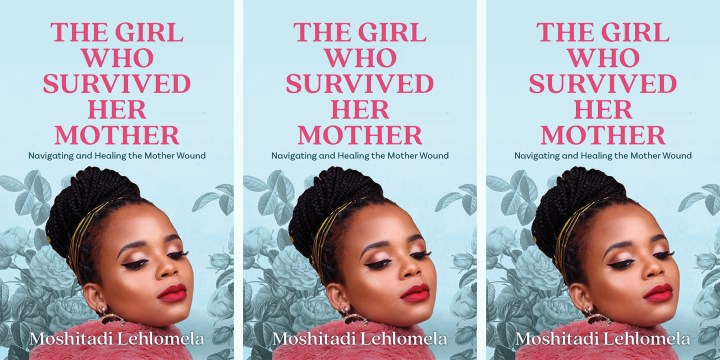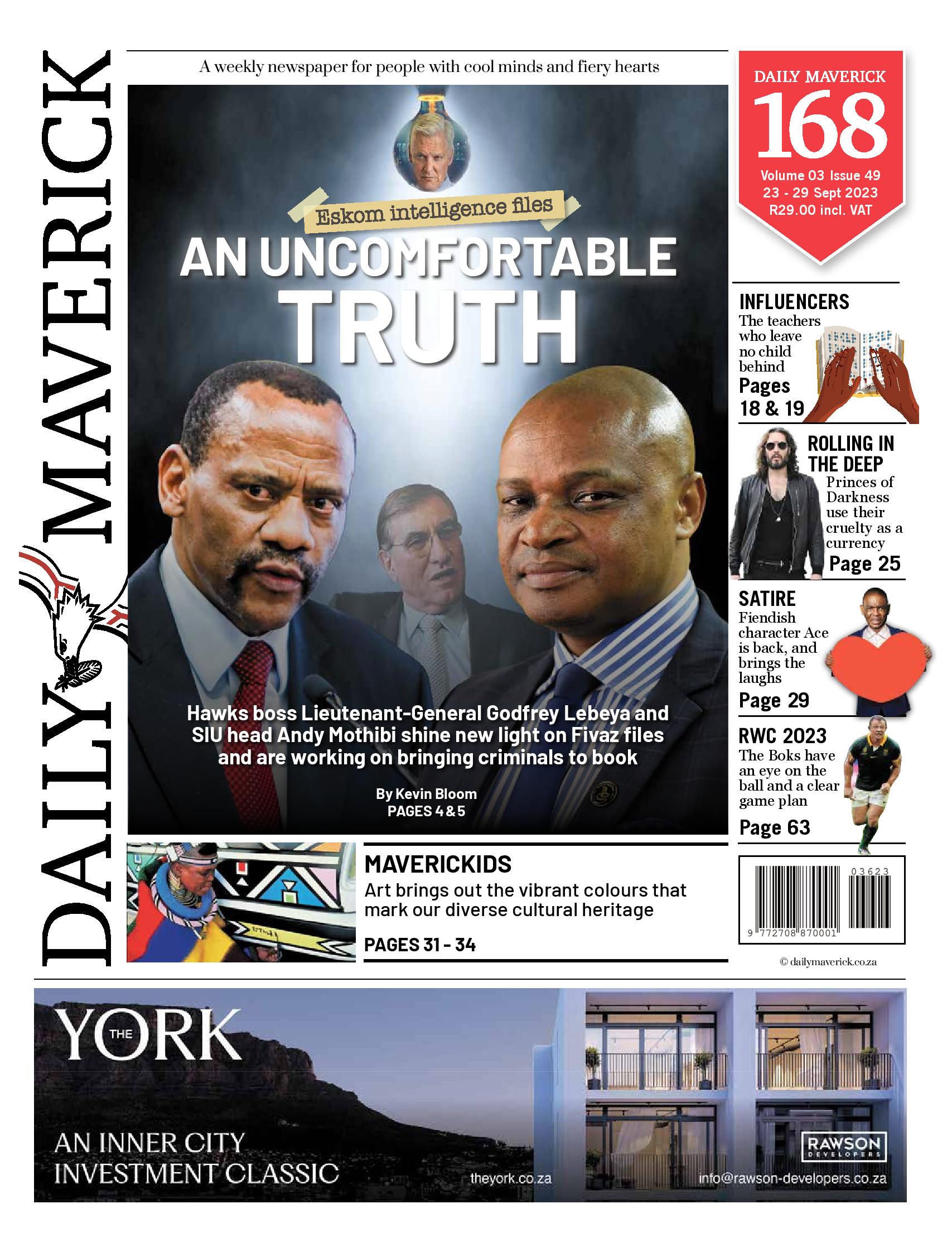BOOK REVIEW
The Girl Who Survived Her Mother — healing the hidden wound of maternal abuse

A new memoir covers the taboo topic of mothers who emotionally harm their daughters, and the toxic generational cycle that results — unless someone breaks free.
In her striking memoir, The Girl Who Survived Her Mother, Moshitadi Lehlomela breaks the silence that surrounds mothers who emotionally abuse their daughters. Now a recovery coach, Lehlomela intimately knows the sting of the mother wound as she inherited the trauma passed down by women in her ancestral line.
“A mother hurts her daughter, and the daughter becomes a mother that hurts her own daughters,” Lehlomela writes. “The daughter is bereaved by the abuse, neglect and emotional abandonment she is enduring in her relationship with her mother, but the daughter becomes a mother who does the same to her daughter.
“These are the tragic stories of daughters born to mothers who have nothing left to give because their childhoods took it all. The tragic stories of women running on empty because their mothers didn’t pour love into them, and the cycle continues or, at least, in my case would have continued had I not accepted the call of cycle breaker.”
Bad mothers
Lehlomela details her experience of growing up in rural Limpopo in a homestead ruled by brutal maternal figures whose frustrations rained down on her. She had to navigate poverty, substance abuse, bullying and oppressive gender definitions held in place by tradition and religion, and says writing the memoir “felt like that last stage of popping a cyst when all the pus is out and only liquid is coming out — the final wiping off”.
There is much in the public eye about abusive fathers and the damage they cause to families, but little about the oppression mothers can cause.
“It’s important to me to talk about the mother wound because I know first-hand its implications on individuals and consequently on society. I have seen how this wound almost destroyed me.
“Also, as I talk to more mother wound survivors, I know that a lot of people suffer in silence and it is only when one of us speaks up that others also rise to share their stories and that’s how we heal as a collective.
“We cannot truly say we are healing when we ignore how our relationships with our mothers shape our inner and eventually outer world.”
Revisiting old wounds
Raising this awareness is what inspired Lehlomela to become a mother wound recovery coach, a role she hopes will help those trying to “survive their mothers”.
Lehlomela “went from being a nine-year-old to being a 30-year-old” when her mother’s health deteriorated and her father ordered her to stop working in the fields. This new dynamic excited the children, who hated seeing their mother in pain, but the reality of having her in the house all day quickly turned sour.
“I was excited for my mother, but I didn’t realise I should have been mourning for myself and my siblings. Her preservation would come at our expense.”
The book captures the emotional highs and lows of having to grow up prematurely. Lehlomela feels she was deprived of a healthy childhood when she had to mother her younger siblings, including her sickly brother Kgisho.
She explains that writing the book was “not easy” as she tried to revisit the memories. “I remember telling my publisher that I had been crying as I remembered the finer details of the abuse and neglect in my childhood. At some point, I even took a break. But when I got back into it, it was surprisingly not as painful as the first time.
“I suppose that’s the thing with infected wounds: the initial squeeze is often the most painful, but as the pus comes out, there’s a level of continuous relief … it was such a healing process,” says Lehlomela.
Finding balance
Initially, Lehlomela’s journey wasn’t even about breaking abusive cycles. She felt alienated from herself and just wanted the pain to stop and to get her anxiety under control.
Breaking toxic cycles in her family she sees as a kind of homecoming. When she began getting results from her healing work she felt called to engage with other survivors. “I wanted to live my best life and as I saw the work bringing me closer … to that life I envisioned for myself, it became necessary for me to share the work with others.
“Consistency and resilience come from seeing how healing this wound has transformed my life.
“Those little moments of epiphanies and breakthroughs were always what kept me going. And now I love that I can take from this journey and help others heal the trauma of their own mother wounds.”
Lehlomela has come to realise that the wound is universal. The recovery coach’s intention with the book is to “give others permission to break the silence by first doing it myself.
“I hope those with a mother wound are validated in their pain and know that healing is possible.” DM
This story first appeared in our weekly Daily Maverick 168 newspaper, which is available countrywide for R29.


















I was fortunate that my father won custody of my brother and I in the UK and we emigrated to South Africa when I was eight years old. However, the wounds of maternal emotional abuse lay deep in my psyche and emerged in my 40’s with major depressive disorder, panic attacks and agoraphobia. When I told my therapist I chose not to have children because I feared I would be a terrible mother, she assured me I would have been a wonderful mother.
When I wrote about my experience, title “How I survived the lack of a mother’s love” and published on the Medium platform, I was surprised at the reaction from many daughters from around the world who had “mother wounds” but felt guilty about discussing their pain.
Thank you Moshitadi Lehlomela for writing this book and making it your mission to help others heal.